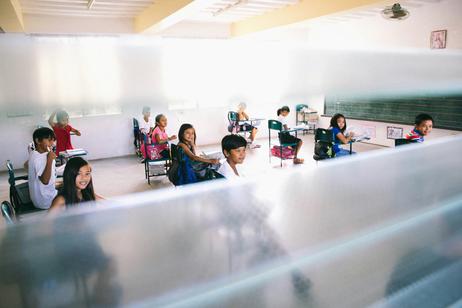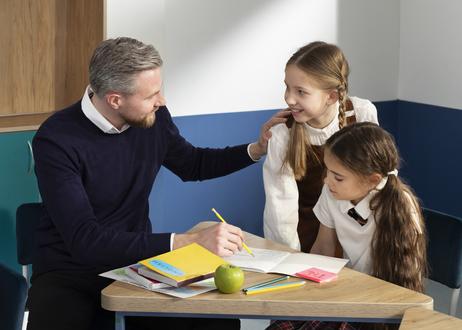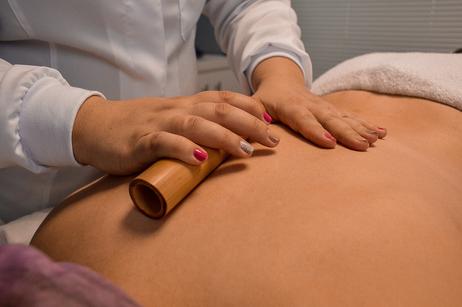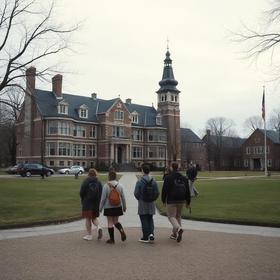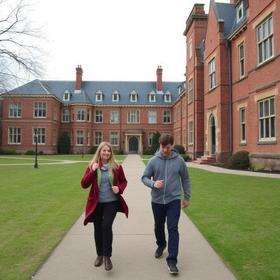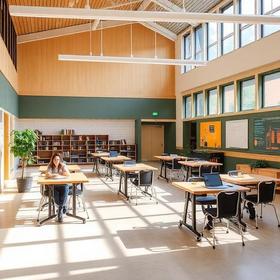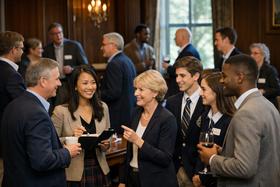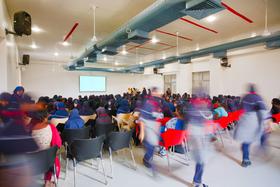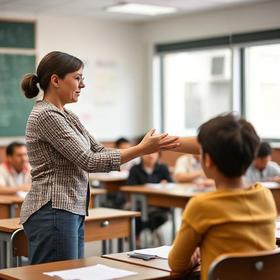Do Boarding School Graduates Have Better College Outcomes?
For generations, boarding schools have marketed themselves as gateways to elite universities. But in 2025, with higher education shifting rapidly, families want clear evidence: Do boarding school graduates actually have better college outcomes compared to their day school or public school peers?
The short answer is: yes, but with important context. Research and alumni data consistently show that boarding school graduates enjoy advantages in college admissions, persistence, and long-term success. However, outcomes vary depending on the individual student, the boarding school’s resources, and broader trends in U.S. higher education.
This article explores fresh insights, expert commentary, and real-world examples to help families evaluate the true impact of a boarding school education on college outcomes.
Defining “College Outcomes”
When families ask whether boarding school graduates have better college outcomes, they usually mean three things:
Admissions Success – Do they gain acceptance to top colleges at higher rates?
College Performance – Do they persist and perform well once enrolled?
Long-Term Preparation – Do they graduate on time and pursue meaningful careers?
Admissions Success: Boarding Schools and Selectivity
Private boarding schools invest heavily in college counseling. Students often begin working with advisors as early as sophomore year, receiving guidance on course selection, extracurriculars, and standardized testing.
2025 Trends
Test-optional admissions remain the norm, but boarding schools report that graduates are well-prepared for holistic review, with strong essays, recommendations, and extracurricular leadership.
A 2024 report from the National Association of Independent


